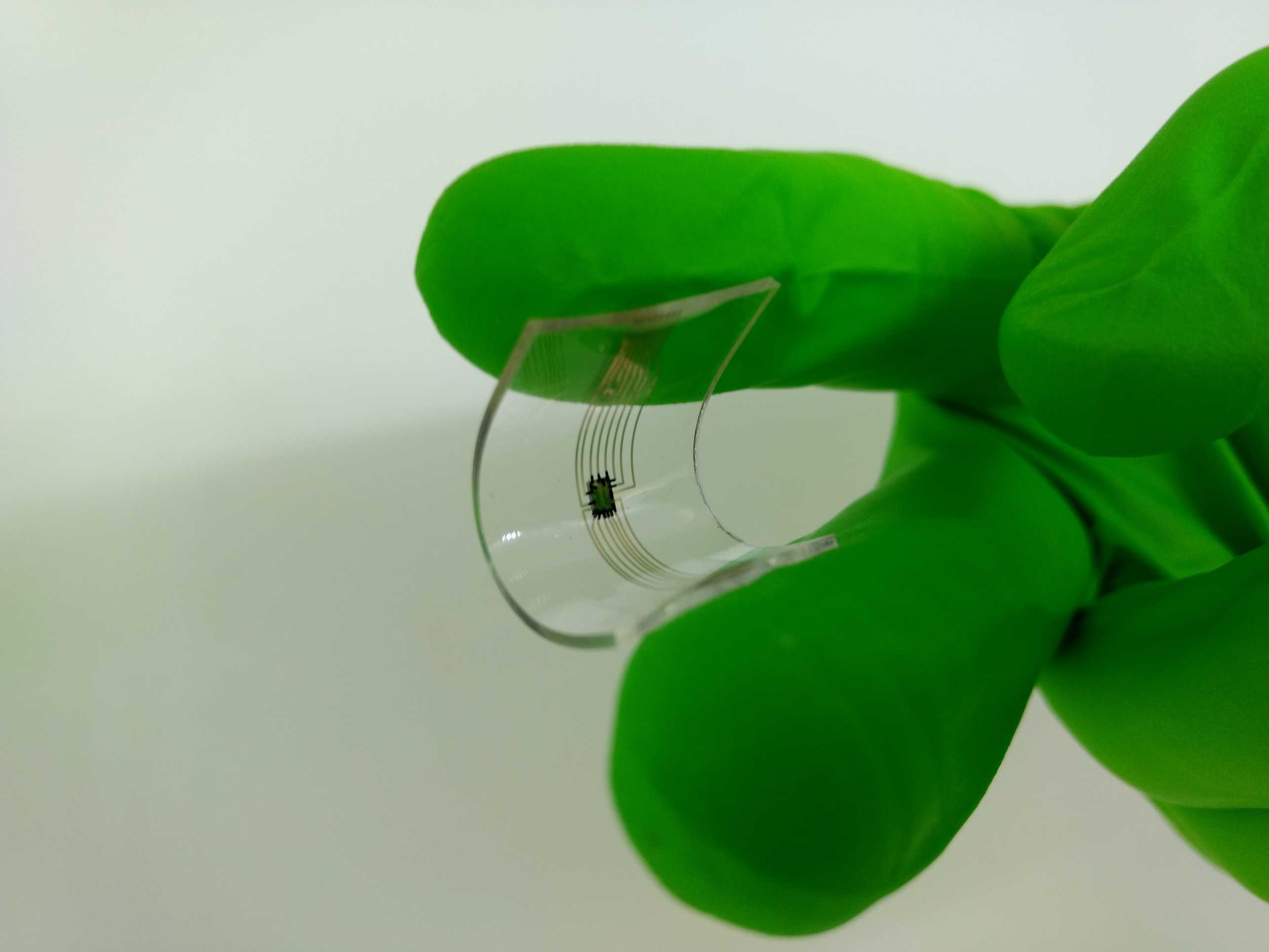WP7: Biomedical Circuits and Systems
WP7 will develop new solutions for biomedical electronics which are driven by factors such as an aging population, increasing awareness about healthcare and disease prevention by leveraging emerging IC-level solutions as well as user-friendly electronic systems, such as smartphones, smart watches, fitness trackers and other devices.

The global market for medical electronics is projected to reach $8.8 billion by 2026, driven by factors such as an aging population, increasing awareness about healthcare and disease prevention and proliferation of user-friendly electronic systems, such as smartphones, smart watches, fitness trackers etc. Medical electronic systems require circuits, which can bi-directionally interface with the (neuro)biological systems in wearable, implantable or in-vitro formats as required by the application. Such interface circuits must not only read out weak bioelectronic signals with high accuracy under noisy and high-interference conditions but may also need to provide precise delivery of electrical stimuli for therapy or culture activation while respecting extreme power and size constraints, especially for implantable devices. We propose technological innovations enabling bi-directional operation with respect to bioelectronic readout and stimulation for in-vivo and in-vitro applications, high-throughput wireless data readout for battery-operated implantable devices and AI embedded chips and networked devices. We aim to prototype the new biomedical systems in applications such as biomedical-implants, wearable health trackers, neuromodulation devices, and devices for in-vitro bioelectronics, and functional characterization in drug-screening scenarios.
WP7 Lead: Prof. Sandro Carrara, EPFL
Sandro Carrara leads external page the Bio/CMOS Interfaces (BCI) Laboratory at EPFL, located at the MICROCITY campus in Neuchâtel. BCI is a leading lab in the field of design and fabrication of biosensors-on-chip and bio-interfaces, targeting DNA and protein based arrays. The lab’s research is specially focused on the development of new bio/CMOS interfaces by also integrating new and innovative nano- and bio- materials in the electrochemical-sensing surface. Research involves both the design of novel biosensing devices, intimate integration of highly heterogeneous systems, and development of electronics with CMOS technology.
Contact: external page Sandro Carrara
WP7 Co-lead: Dr. Komail Badami, CSEM
Komail Badami is a senior Analog IC design engineer at CSEM. His research focuses on highly adaptive, low-power analog/mixed-signal circuits for sensory applications.
Contact:
WP7 Collaborators, Students & Researchers
- external page Dr. Gian Luca Barbruni, Postdoc, Supervisor: Prof. Sandro Carrara
- external page Dr. Cong Ding, Postdoc, EPFL, Supervisor: Prof. Mahsa Shoaran
- external page Yasemin Engur, PhD student, EPFL, Supervisor: Prof. Mahsa Shoaran
- external page Huanshihong Deng, PhD student, EPFL, Supervisor: Prof. Mahsa Shoaran
- external page Chen Xi, PhD student, CSEM, Supervisor: Dr. Komail Badami
- external page Arnau Diez Clos, PhD student, CSEM, Supervisor: Dr. Komail Badami
- Dr. Alejandro Fernandez, Postdoc, CSEM, Supervisor: Dr. Stéphane Emery